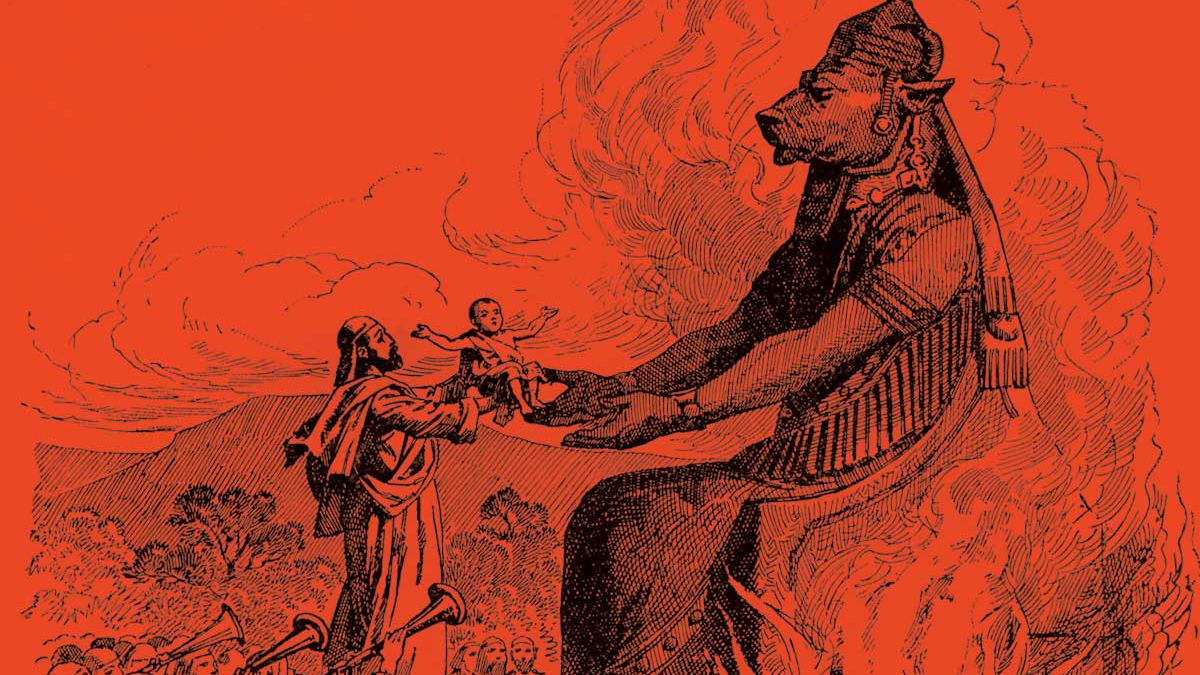I’m old! Gimme! Gimme! Gimme!
“Simpsons” did it! of course. Back in its Golden Age, before the series became a sad, embarrassing pastiche of itself, The Simpsons often nailed modern venality, mendacity and hypocrisy. Among them was the entitlement complex of so many of the aged.
An entitlement that, in recent years, has demanded that the young sacrifice everything for the sake of sparing a small cohort of the very old and very sick just a few more weeks. It’s not just their financial future that the young have been forced to surrender: it’s their present mental health.
One in four young Australians thought about suicide over the past two years and 15 per cent attempted self-harm, according to a poll of 16- to 24-year-olds.
Of course, it’s more common for the old to decry the arrogant selfishness of the young (and not without reason). But, as the covid pandemic has brutally shown, when push comes to shove, the wrinklies are jamming their Zimmer frames firmly in the door to be first.
What has all the sacrifice of the young been for, in the end? The median age of a covid death in Australia has been 86.9 years: which is higher than the normal median age of death, 81.7. The majority of covid deaths were not just very old, but very sick: three-quarters had pre-existing chronic diseases. In this respect, covid has seemed to be what is called a “harvesting effect”: that is, it knocks off their perch a little bit earlier, people who likely only had days or weeks to live anyway.
For this, we all had to endure brutally oppressive restrictions, including lockdowns, which made little to no difference to covid mortality. But they did inflict an horrific toll in economic collapse, a predicted surge in deaths and disabilities from cancer and postponed elective surgeries, and, most notably, a wave of mental health despair.
And young people are bearing the brunt of it.
Eighty-two per cent of those surveyed said they had experienced mental health issues during COVID-19.
Young Australians have taken the biggest psychological hit – a separate poll found significantly fewer adults aged 25 and over (49 per cent) reported mental health issues.
Those aged 16 to 24 were most likely to report symptoms of anxiety (75 per cent) and depression (62 per cent), while 36 per cent identified eating disorder symptoms, binge-eating being the most common.
Lest oldies be tempted to grouse that young people “just need to harden up” and “how would they cope with a war?”, it must be pointed out that the effects of lockdowns on young people especially are very different to anything older generations have had to cope with.
War and Depression were shared experiences. Depression-era communities mightn’t have had much, but they had each other for support. In Wartime, the shared bonds of cameraderie and mateship held young men together through unimaginable horrors. Shared social experience is an incredibly important buffer against suffering.
Lockdowns robbed young people of even that.
At a time in their lives when friends and social life are of peak importance, children were, en masse, forced into crushing seclusion. Social outlets, from playgrounds to sports fields were closed — in Melbourne, even ringed with police tape — as were schools. Politicians bragged about “remote learning”, but for the students, even that was an empty, soulless experience.
“I lost all motivation,” said Ms Johns, who studied year 12 remotely in 2020. “I was getting up just to sit in front of my computer screen and what was the point?”
It should be no surprise, given the media-political class’ almost salacious indulgence in 24/7 fear porn, but parents are reporting that, even with the end of lockdowns, children were too frightened to go outside and play.
Professor Patrick McGorry, executive director of Orygen, the National Centre of Excellence in Youth Mental Health, said mental ill-health in young people was at crisis point […]
The Australian mental health system had been overwhelmed during the pandemic, Professor McGorry said, with GPs, headspace centres (which provide mental health services to 12 to 25-year-olds) and emergency departments inundated and the workforce dwindling and exhausted […]
Australian Psychological Society CEO Dr Zena Burgess said the survey findings were sobering and tallied with the experiences of the society’s members.
“Eating disorders got worse, anxiety got worse, depression got worse and generally, all the self-esteem issues of adolescence and young adulthood got worse,” she said.
One in three psychologists have been so busy they have had to close their books, according to an Australian Psychological Society survey of its members last month, compared with one in 100 before the pandemic.
The Age
As Resolve director Jim Reed rightly says: “The cure has been worse than the disease for this age group”.
Or any age group, for that matter. All this suffering, for a disease with a 99+% survivability in even the worst-hit places.

